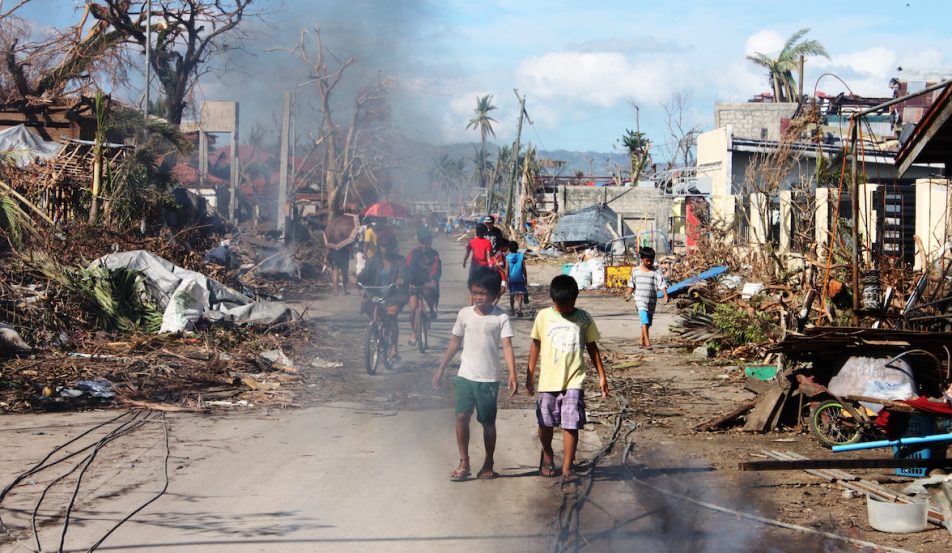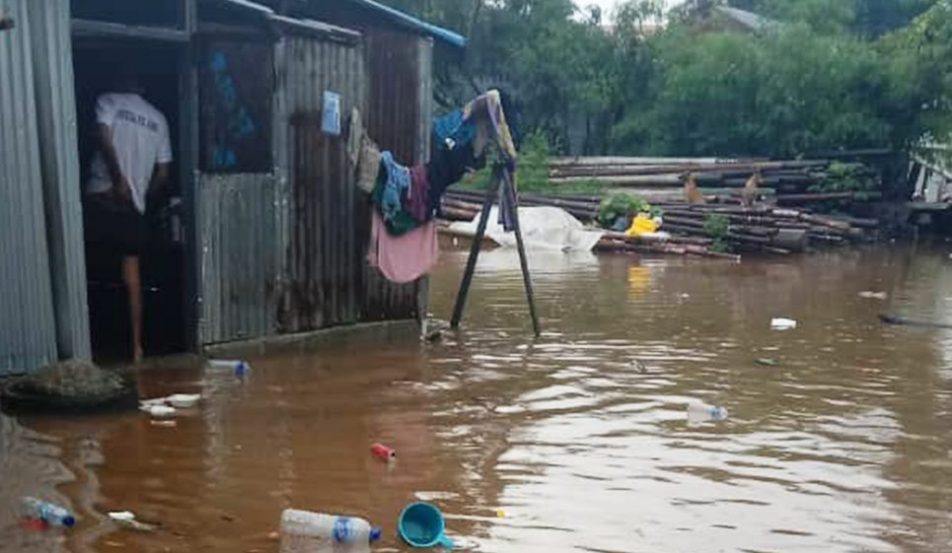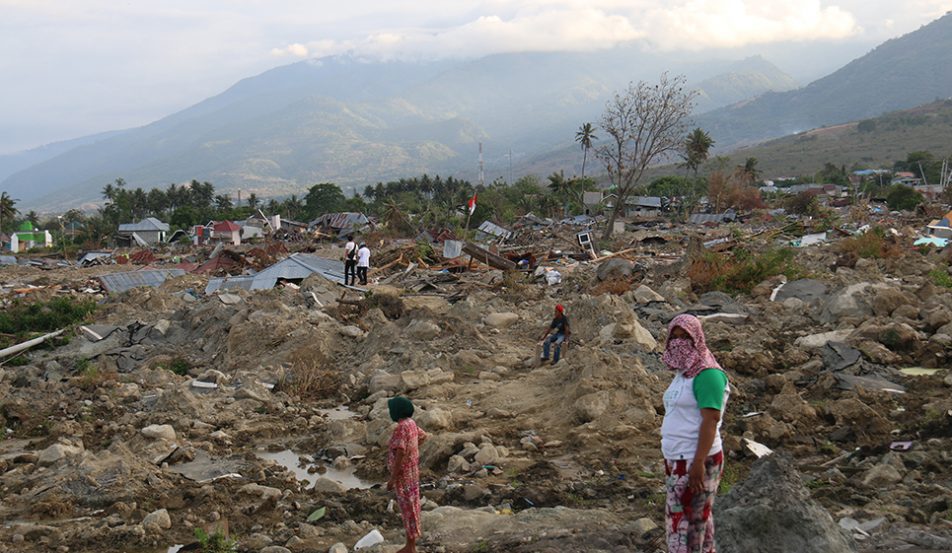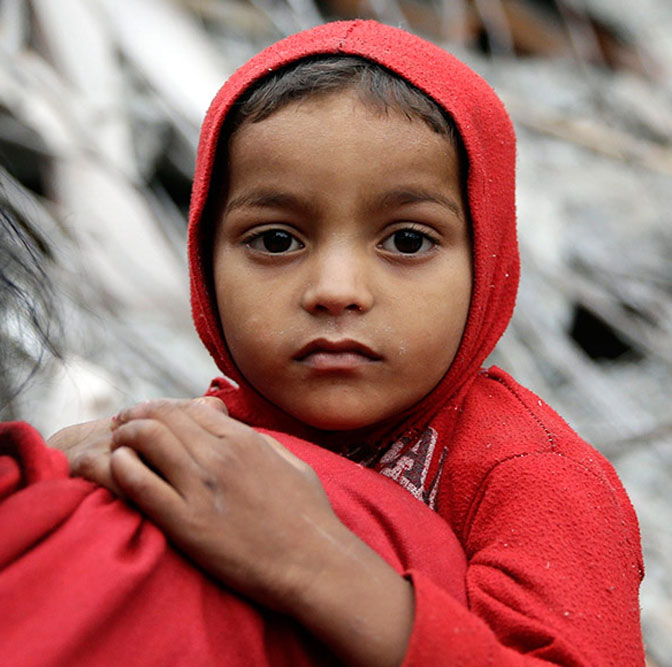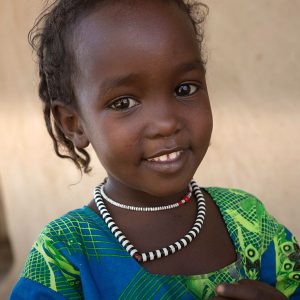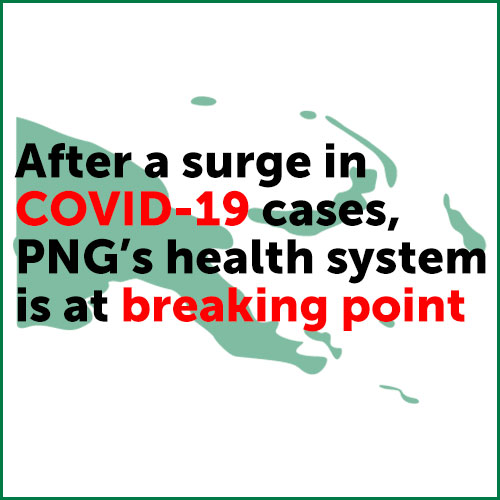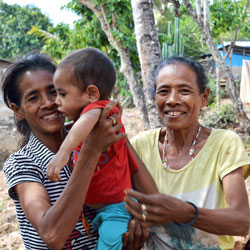Food Crisis in The Gambia
How old were you when you learned that the food you ate grew from the ground? Or that plants need water to grow? How old were you when you understood that your life depends on those two simple facts?
Nine-year-old Oumie (pictured above, in a white singlet) lives in a rural village in The Gambia, the smallest country on the African continent. Since before she can remember, Oumie has watched her mother, Binta, tend the family`s vegetable garden. Binta would till the earth and plant her seeds, the rains would come, and the seeds would sprout.
But last year, for the second year in a row, the seeds did not sprout because the rains were poor. Oumie`s family was one of many to watch their crops fail, about 70 percent of The Gambia`s people depend on farming for their survival and income.
“I didn`t understand why the rains were important,” says Oumie, “but now I do, because that`s why there is so little food around.”
Now Binta struggles to feed her 22-member extended-family household on less than $2 per week.
Bennette, a mother from another farming family, explains that their rice crop was ruined by saltwater intrusion due to the meager rains. “With very little income, we struggle to afford rice from the nearby market,” she says. “We try and make sure that most of our income is spent on food, no matter how little it may be, so that it keeps the children going. We do not mind eating plain rice every day.”
The drought in western Africa has several countries in its grip. In March, the Gambian government declared a national crop failure. Meanwhile, food prices are soaring. Farmers are unable to grow enough to feed their families, let alone have anything left over to sell. The result: About 700,000 people, some 42 percent of The Gambia`s population, don`t have enough to eat. And things are likely to get worse in the coming rainy season, August through September, with food stocks down and crops not yet mature for harvest. Typically, farmers work to save four to six months` worth of food to tide them through what they call “the hungry season”; this year, most of them managed to preserve only a month`s worth. Families are eating the seeds they had stored for the next season, leaving themselves with nothing to plant.
The effects roll downhill from there. Children, especially those under age 5, are most at risk for becoming malnourished, which makes them susceptible to illness and damages their development €” physical, cognitive and social. Adults and youths leave their communities in search of jobs, so families pull their younger children out of school to work. Their jobs, picking cashews in the bush or collecting firewood to sell, put them at risk of exploitation and kidnapping.
“It is a lot to deal with, knowing that there is little food and high food prices,” says 15-year-old Fatou, who has watched her mother`s struggle to feed their family of 11 over the last year.
“I have faith that this year will bring a lot of rains and a good harvest to feed everyone, unlike last year,” says 21-year-old Sainabou, Fatou`s sister.
With continued support, her community, and the other 31 communities ChildFund is supporting there, will be better positioned to weather the season until harvest time.



